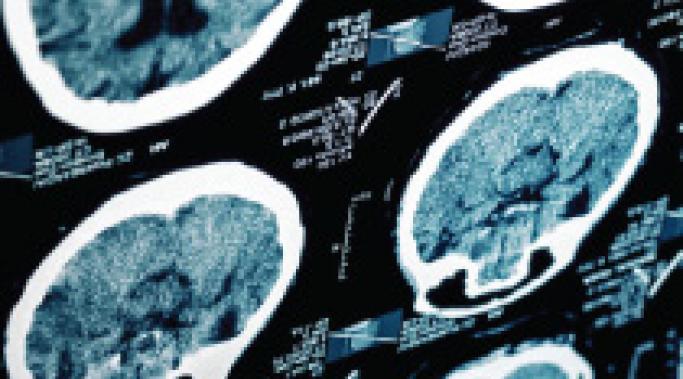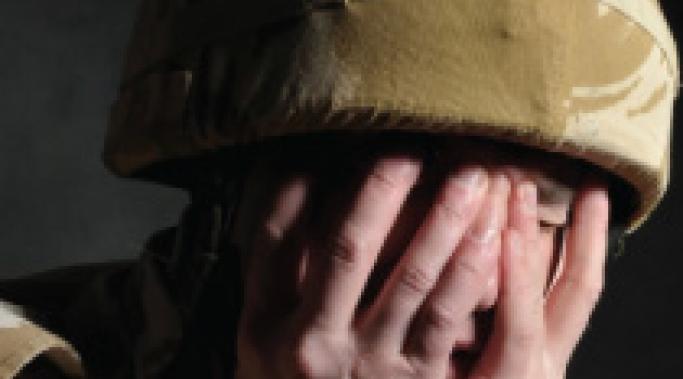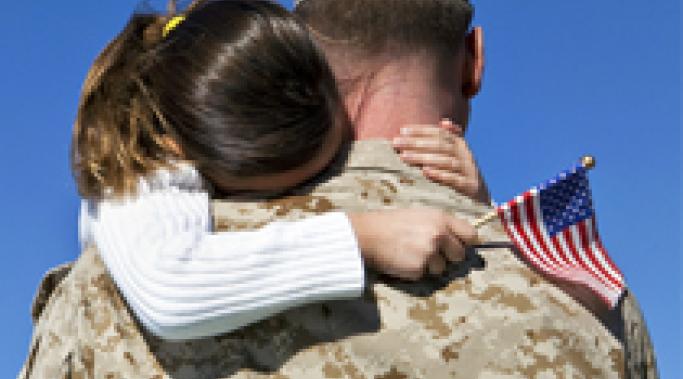Unfortunately, many soldiers experience traumatic brain injury when in combat, but is traumatic brain injury (TBI) linked to later combat posttraumatic stress disorder (PTSD)? Two recent studies examined the link between traumatic brain injury and PTSD in marines and army soldiers.
Combat PTSD Causes
Military sexual trauma is a risk factor for posttraumatic stress disorder (PTSD) and other mental illnesses; and, unfortunately, sexual trauma is unusually common in the military. The Veteran’s Administration has implemented universal initiatives for the screening of military sexual trauma, but is this enough to help veterans who experience sexual trauma and PTSD?
There is a prevalent, and false, assumption that all veterans have posttraumatic stress disorder (PTSD), or, perhaps, all veterans who have experienced combat suffer from combat PTSD. This, though, is not the case. A recent study of United States veterans now shows quite clearly that while the rate of PTSD in veterans is high, the PTSD rate in veterans is not nearly as high in all populations.
This blog is specifically geared toward combat-related posttraumatic stress disorder (PTSD), however, there are many people outside of this situation who also suffer from PTSD. This blog is not meant to suggest that this significant group of people doesn’t exist. Here is some information about PTSD in multiple populations.
Like with all mental illnesses, what happens in the brain to cause combat-related posttraumatic stress disorder (PTSD) cannot fully be explained; nevertheless, there are many things that we do know. We do know what parts of the brain are involved in a stress response and we do know what neurotransmitters are involved and the types of medication that can be used to correct some of those systems.
It is understood that combat-related posttraumatic stress disorder (PTSD) affects the warrior, but combat PTSD doesn’t just affect the person suffering it, it also affects those around him (or her) and the effects of combat PTSD on children are just recently being recognized. When the person suffering combat PTSD is a parent, he can turn his home into a combat zone.
Combat PTSD is defined as a specific type of posttraumatic stress disorder (PTSD) experienced by men and women who have been in combat. Combat PTSD can happen to anyone in combat, from those that have experienced live fire to those who are support workers in a war zone area. Not everyone in combat experiences combat PTSD, but many do.






